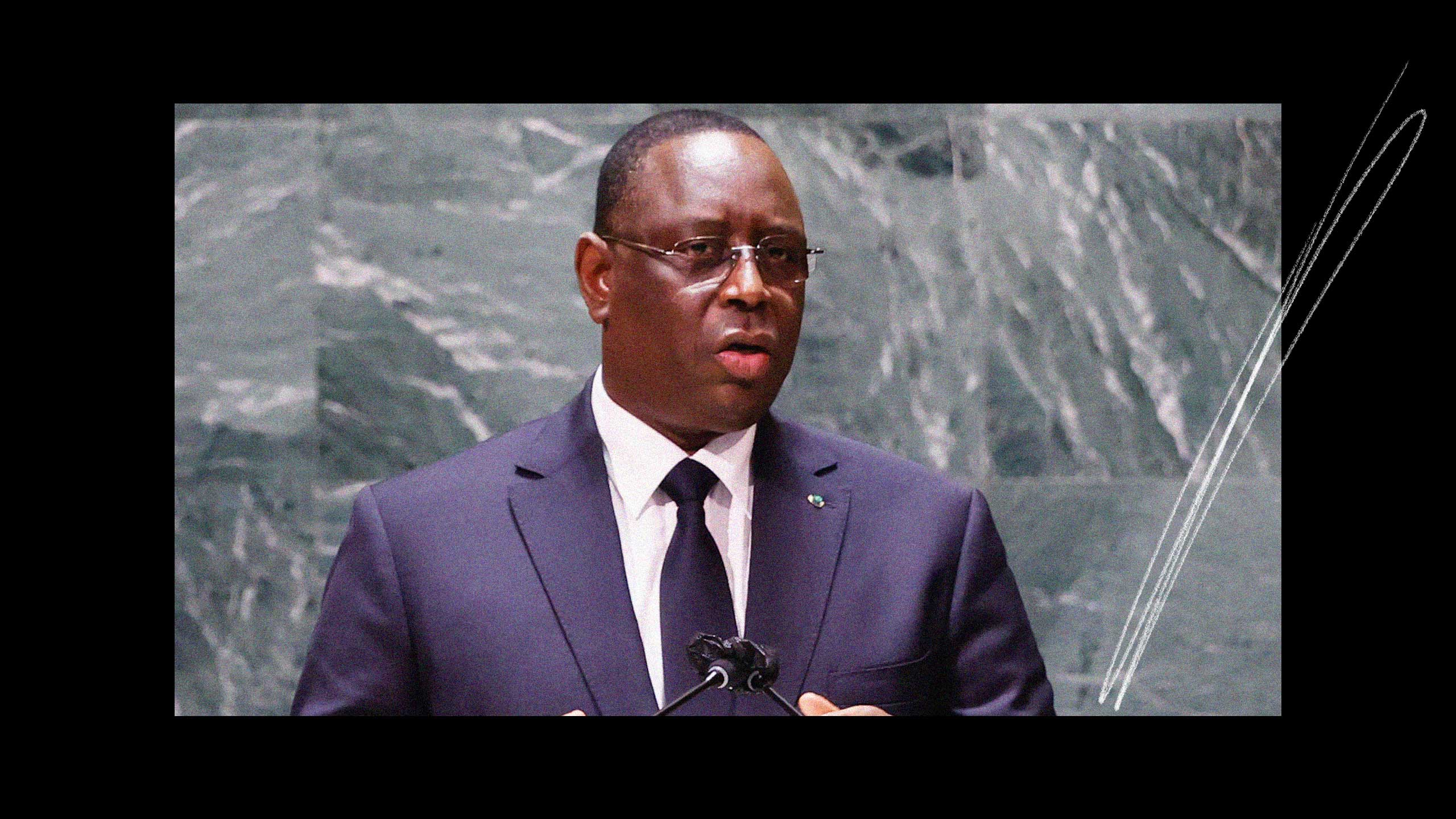Life was already difficult for LGBTQ+ people in Senegal. If a newly proposed bill is signed into law, it could be even worse.
On Dec. 13, Senegalese lawmakers announced that they had drafted legislation that would double the length of prison sentences for individuals convicted of same-sex activity, according to Reuters. Under Article 319 of the Senegalese Penal Code, any person who “commits an indecent or unnatural act with an individual of his or her own sex” is liable to a sentence of up to five years behind bars in the west African country, along with a fine. The new bill would increase that penalty to a 10-year maximum.
Although the bill has reportedly been two years in the making, it received a major boost in May when protesters gathered in the capital of Dakar to call upon the government to crack down on homosexuality. Organized by the right-wing collective And Samm Jikko Yi, attendees reportedly demanded that Senegalese LGBTQ+ people be “burned,” per the TV news station France 24.
Senegal’s values are “homophobic and will remain so forever,” one protester told the Agence France-Presse news wire.
But the proposed law would go even further than punishing sodomy, as the LGBTQ+ news outlet Erasing 76 Crimes reports. If signed by Senegalese President Macky Sall, it would also punish queer activism with three to five years in prison and a fine, even for posting about LGBTQ+ rights on social media. Intersex people could also be jailed for five to 10 years, although it’s unclear how they would be prosecuted.
LGBTQ+ advocates have strongly criticized the bill, which follows similar efforts to strengthen criminal penalties for same-sex behaviour in Ghana.
“This is absolutely ridiculous for a country that is supposed to be known for its hospitality,” said Djamil Bangoura, president of Senegalese organization Association Prudence, in comments to the Washington Post. “More and more people are being judged and tortured and imprisoned for their sexual orientation.”
Even before the bill’s introduction, persecution of Senegal’s extremely marginalized LGBTQ+ community had already been ramping up. A series of videos that circulated over the summer depicted mobs of people harassing and assaulting men suspected of being gay. In one filmed segment, attackers demand that the victim’s testicles be “cut off” in order to “make him a woman,” according to France 24.
Those attacks represented just a handful of the more than 150 threats that Sengalese LGBTQ+ people received in the three weeks prior to the videos, as the outlet reports. Requests for asylum skyrocketed, with hundreds of people allegedly reaching out to the advocacy group Afrique Occident Solidaire seeking safe passage out of the country.
Sall has yet to state publicly his stance on the newly proposed legislation, but he has expressed anti-gay sentiment in the past. During a 2013 visit from former U.S. president Barack Obama, the Senegalese president claimed the country was “not ready to decriminalize homosexuality” and has held fast to that position since. “Never, under my authority, will homosexuality be legalized in the Senegalese lands,” Sall said in 2016.
Senegal is one of roughly two dozen African countries where homosexuality is illegal, per the International Lesbian, Gay, Bisexual, Trans and Intersex Association. The majority of these laws were imposed during the period of Western colonization.


 Why you can trust Xtra
Why you can trust Xtra


